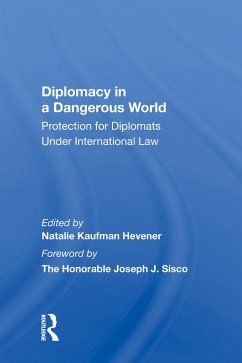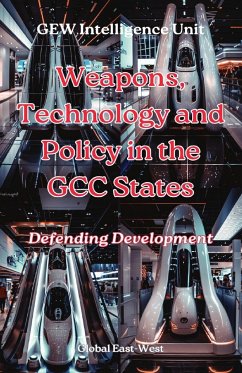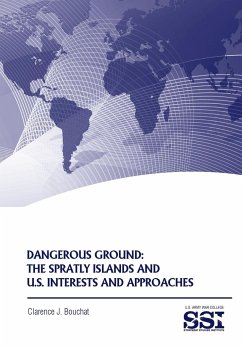
Dangerous Weapons, Desperate States
Russia, Belarus, Kazakstan and Ukraine
Herausgeber: Bertsch, Gary K.; Potter, William C.
Versandkostenfrei!
Versandfertig in 1-2 Wochen
181,99 €
inkl. MwSt.
Weitere Ausgaben:

PAYBACK Punkte
91 °P sammeln!
With the collapse of the USSR, fifteen fledgling sates inherited a massive Soviet arsenal, unstable political systems, and desperate economies. A "sell everything" mentality threatens to result in the largest arms bazaar in human history, and this potential "fire sale" includes weapons of mass destruction. This book addresses the challenges the new independent states (NIS) of the former Soviet Union (FSU) face in controlling and monitoring their sensitive, military-related exports.Dangerous Weapons, Desperate States explores the various theoretical approaches that help explain the development ...
With the collapse of the USSR, fifteen fledgling sates inherited a massive Soviet arsenal, unstable political systems, and desperate economies. A "sell everything" mentality threatens to result in the largest arms bazaar in human history, and this potential "fire sale" includes weapons of mass destruction. This book addresses the challenges the new independent states (NIS) of the former Soviet Union (FSU) face in controlling and monitoring their sensitive, military-related exports.Dangerous Weapons, Desperate States explores the various theoretical approaches that help explain the development of nonproliferation export control systems in the NIS. The contributors, coming from both the FSU states and the US, provide a broad range of perspectives on the problems posed by the threat of proliferation.














